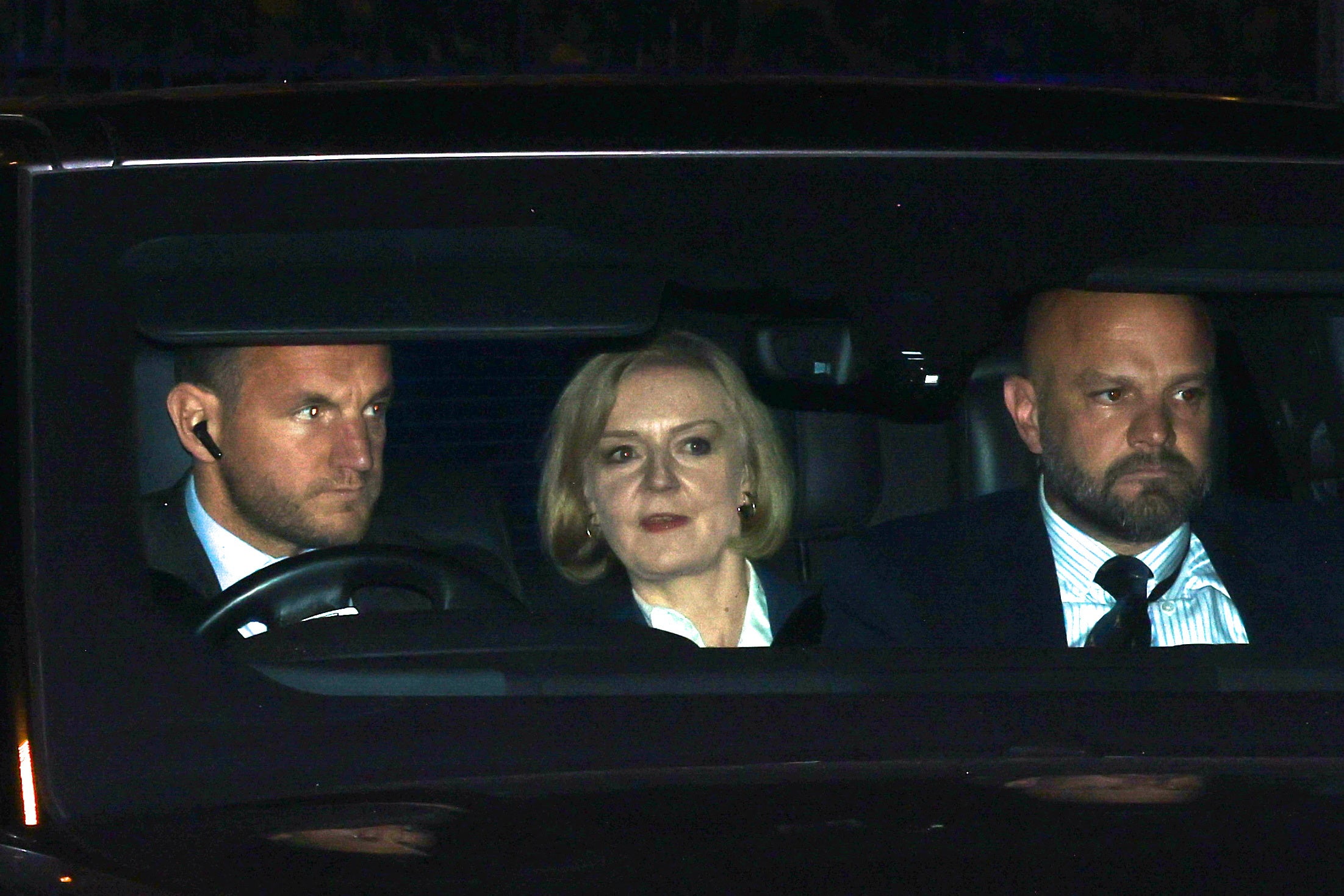How might a general election happen?
Election Now: Liz Truss has said that there will be no election until 2024, but if she is replaced, her successor might want to call an election before then, writes John Rentoul


Your support helps us to tell the story
From reproductive rights to climate change to Big Tech, The Independent is on the ground when the story is developing. Whether it's investigating the financials of Elon Musk's pro-Trump PAC or producing our latest documentary, 'The A Word', which shines a light on the American women fighting for reproductive rights, we know how important it is to parse out the facts from the messaging.
At such a critical moment in US history, we need reporters on the ground. Your donation allows us to keep sending journalists to speak to both sides of the story.
The Independent is trusted by Americans across the entire political spectrum. And unlike many other quality news outlets, we choose not to lock Americans out of our reporting and analysis with paywalls. We believe quality journalism should be available to everyone, paid for by those who can afford it.
Your support makes all the difference.However strong the moral or democratic argument that the people should have a say in the policies and personnel of our government, the procedures for obtaining a general election make it hard.
There are only two ways an early election can be held. One is that the prime minister says so. The other is that the government loses a vote of confidence in the House of Commons. So that would mean that Liz Truss – or her successor – would have to call an election; or enough Conservative MPs would have to vote for a motion of no confidence tabled by Keir Starmer to overcome the government’s majority.
Truss has said that there will be no election until 2024, but if she is replaced, her successor might want to call an election before then. New prime ministers tend to want their own personal mandate from the people, but the opinion-poll picture would have to be transformed before such a decision would become likely.
Do you want a general election?
Recent history provides two warnings. Gordon Brown shied away from an election in 2007 because Labour’s lead over the Conservatives in the polls was so small, and suffered for his indecision. Theresa May called an election 10 years later because she was so far ahead in the polls, and forfeited her small but workable majority.
The other route to an election would be for the government to be defeated in a Commons vote. The simplest form would be for the leader of the opposition to table a motion saying: “This House has no confidence in His Majesty’s Government.” Given that the government has a working majority of 71, it would normally require at least 36 Conservative MPs to vote with the opposition to pass the motion. (The numbers would also depend on the Democratic Unionist Party and the four former Conservative MPs who have been expelled from the parliamentary party and who are sitting as independents.)
Conservative MPs may be more likely to rebel against the government on a specific piece of legislation, such as an attempt to cut benefits or the state pension. If the prime minister regards the issue as important enough, he or she could say that the vote on the question is a vote of confidence. This would mean that, if the government lost the vote, it would have the same effect as a vote of no confidence and that a general election should follow.
To keep up to speed with all the latest opinions and comment sign up to our free weekly Voices Dispatches newsletter by clicking here
Even this, however, is not certain. Since the repeal of the Fixed-term Parliaments Act, which set out rules for how an early election could happen, we have reverted to the situation that existed before the act, when the rules were a matter of convention rather than law.
So although the convention is that an election will follow a government defeat on an issue of confidence, there are a few limited and untested circumstances in which the King might refuse a prime minister’s request for a dissolution. If, for example, Truss were defeated in a confidence vote, Conservative MPs representing a majority in the Commons could tell the King that there is someone else – such as Rishi Sunak, Jeremy Hunt or Penny Mordaunt – who could lead them, and who would be able to command the confidence of the Commons.
In other words, a general election is likely to happen only if Conservative MPs can be persuaded in sufficient numbers to put country before party and accept the argument that it is right to let the people decide.

Join our commenting forum
Join thought-provoking conversations, follow other Independent readers and see their replies
Comments